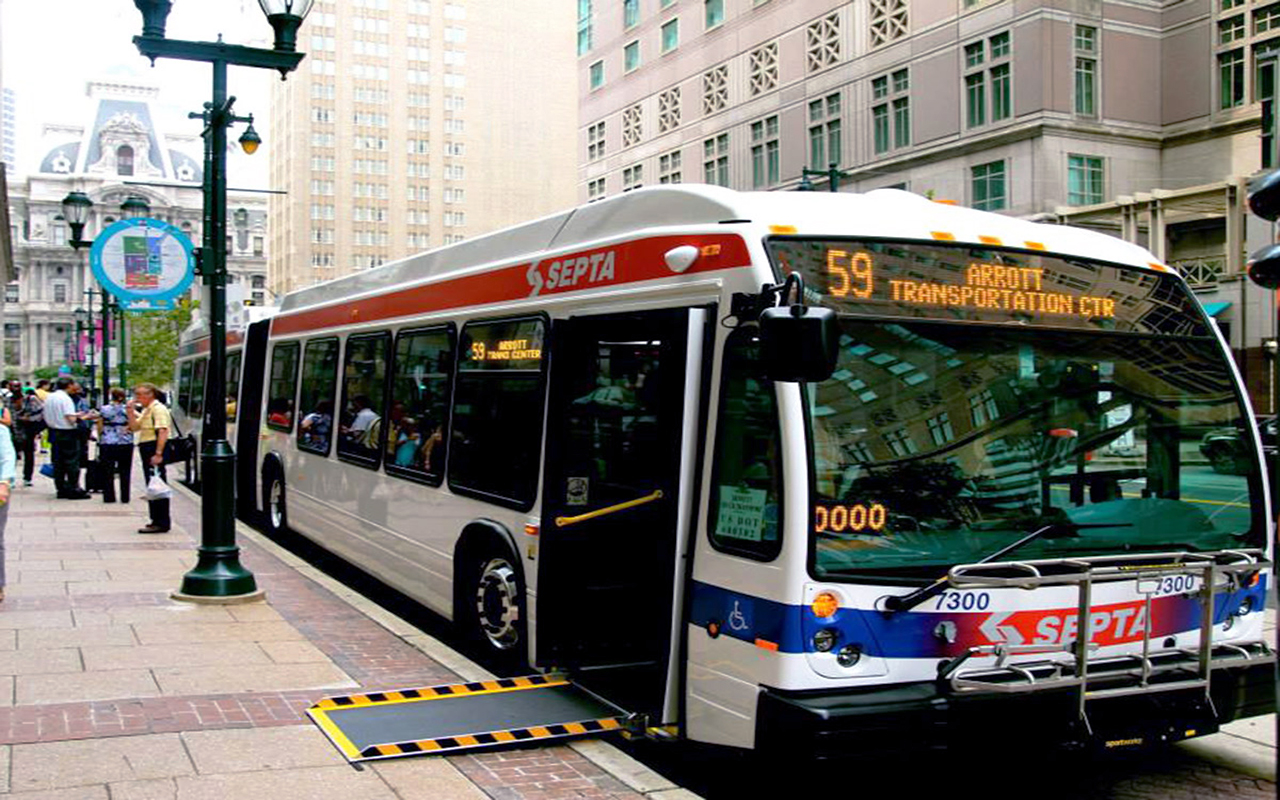
One Philly Dreamer's path to college
Millions of Latino immigrants come to United States for a better life for them and their families. The family of Aylin Vazquez De La Cruz is no different.
Vazquez De La Cruz’s story started at the age of four, when she arrived to the United States from San Luis Potosí, Mexico with her parents.
After years of education in co-ed Philadelphia public schools, she enrolled at Philadelphia High School for Girls (Girls’ High), a public preparatory magnet high school for girls in the Olney section of Philadelphia, in September 2011.
“It’s been a great experience that has really helped me grow up,” Vazquez De La Cruz said. “I know when I attended co-ed schools, it was a typical school. The girls were shy to talk to teachers because of the guys. Once I got to Girls’ High, it helped me open up and not be afraid to talk to people and to meet new people. I’m more outgoing.”

In her junior year, she decided to take two art classes, which were followed by an AP Studio Art class.
“At first it was about developing and seeing the skills that we had. As the year progressed, I realized that I really enjoyed art, drawing, sketching and even art history,” she said. Her love for art has grown further as she has decided to major in Art Education in college.
After being encouraged by her friends and parents to do so, Vazquez De La Cruz decided to run for class president in her senior year.
“It was a lot of hard work having to plan prom, other events and preparations for graduation. I would stay after school until like 6 p.m. It was pretty intense, but it was worth it,” she said.
On May 16, Vazquez De La Cruz stood tall at her graduation from Girls’ High. During the ceremony at the Kimmel Center, she gave a welcome speech and received various awards including the Art Department Elizabeth England Prize, and PTDA Student Member Award.
In the fall, she plans on attending Community College of Philadelphia (CCP) for two years and then possibly transferring to Temple University.
“It means a lot to be a Hispanic going to college. There are a lot of stereotypes for Hispanic students. A lot of people think that Hispanic students don’t have what it takes to go to school, or to graduate school or to do something big in life,” Vazquez De La Cruz said. “I’m actually the first one in my family to go to college, so I think it’s a very big step. My family is really excited. It’s very emotional for them and they are very proud.”
For Vazquez De La Cruz, senior year was an exciting time, but her status hovered over her like a little cloud. She is a “Dreamer” and qualified for the Deferred Action Program for Childhood Arrivals (DACA).
CONTENIDO RELACIONADO
“I feel as though my status never affected me as much as it did in my senior year of high school. Looking through colleges, their requirements and the cost really affected my decision for my college career,” she said. “Now that I am a graduate of high school and will be attending college in the fall as a Dreamer, I think it will make a difference in both my path and in history.”

DACA allows undocumented youth, who meet certain criteria, to be temporarily protected from deportation and receive a work permit.
“I do not think they understand how much harder it makes it for families to send their kids to college. Yes, the DACA students have a work permit to be able to work, but it is not easy to pay for college out-of-pocket. One of the restrictions to DACA is that we are unable to receive any type of financial aid and there are only some scholarships that we are able to apply for,” she said. “I graduated from Girls High with a 4.0 GPA and a cumulative average of 100.59 and every time someone asked me what college I was going to go to, I would get a strange look. The look consisted of the same question: ‘How is the President of the Senior class going to go to Community College of Philadelphia if she is very smart?’ No one really knew my situation with DACA, so they sometimes didn't understand why I decided to go to CCP.”
In 2014, Obama announced a second executive action, known as DAPA, that would allow parents of American citizen or green-card holding children to apply for the same protections as DACA accords. It has been challenged and blocked almost since it was proposed.
“When the news came out about the being a possibility of DAPA, I was very excited because it would give a lot of people such a great opportunity. When I found out that it was blocked, my feelings toward it were sad overall,” she said. “With our parents not being able to have the same opportunities, it causes them to have to keep working at a low wage, in bad working conditions or under the table because they do not have a social security to be able to work. A lot of parents, even though they don’t have a social security number, pay their taxes.”
Despite these obstacles, Vazquez De La Cruz is not stopping.
“Personally, I don’t want my status and situation to stop me from succeeding and becoming something of myself. I didn't ask to come to the United States but I am very grateful and blessed for all that they [parents] have done for me up to this day. I want people to see that we don't give up just because we are put into a situation where we have less opportunities than the students born here in the United States.”









DEJE UN COMENTARIO:
¡Únete a la discusión! Deja un comentario.